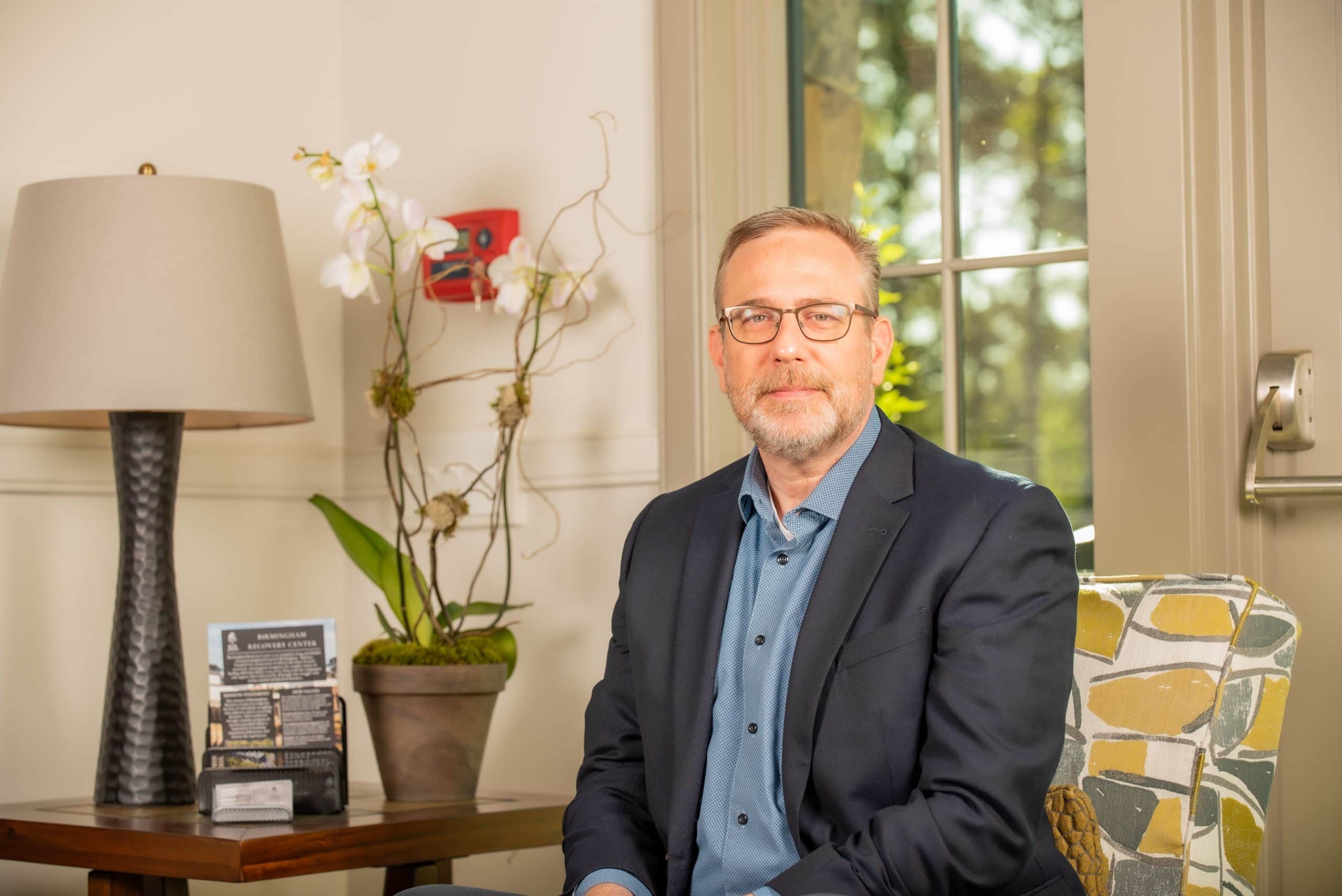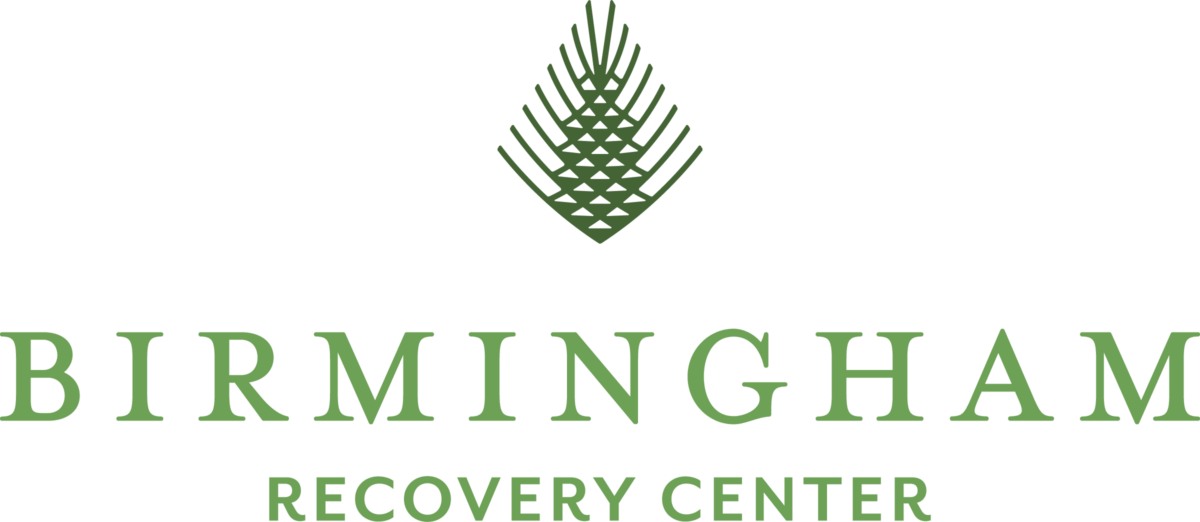Deciding to get help for an addiction is a very big step in the right direction. It is also critical when it comes to taking back control of your life. Learning about the different options that are available can help you better choose the right option to help you move forward.
With all of the options available, it can be hard to understand which route to take in order to combat your substance use disorder. Today, we will go over the key differences between a partial hospitalization program and intensive outpatient treatment.
What is a Partial Hospitalization Program?
This type of program is designed to specifically match the duration and intensity of residential treatment programs. However, they offer a level of flexibility to clients by allowing them to reside in sober living facilities or in their own homes.
Each partial hospitalization program offers:
- Psychoeducation: Psychoeducation involves the use of structured, systematic, and didactic knowledge to help individuals overcome addictions. These treatments can involve reviewing the motivational and emotional aspects of an addiction and help patients learn how to cope with these triggers.
- Cognitive behavioral therapy: CBT is typically used to teach those who are in treatment for drug addiction or substance abuse how to determine if there is a connection between their feelings, actions, and thoughts. CBT then raises awareness of how these things impact recovery and help patients learn coping techniques to overcome them.
- Group counseling: This type of therapy involves members and even their families, on some occasions, to join together for therapy. During group counseling, each person will listen to others and openly express their feelings and their thoughts about what other people say.
These therapies are generally combined with individual sessions that are conducted on a weekly basis. Due to the fact that clients are seen by medical staff each week, they are able to prescribe any necessary medications.
The length of time that a person will have to remain in a partial hospitalization program will generally depend on their individual needs. However, many patients go through treatment for a period of six weeks to 12 weeks.
What Type of Addictions Does a Partial Hospitalization Program Treat?
A partial hospitalization program is exceptional when it comes to providing treatment for individuals who suffer from substance use disorders. In particular, patients who are addicted to alcohol, heroin, marijuana, cocaine, opioids, or prescription drugs can benefit immensely by undergoing treatment through a partial hospitalization program.
The fact that these treatments offer intensive daily therapy and counseling enables clients to get the help they need in order to overcome their addictions.
A partial hospitalization program is particularly helpful in teaching those who are suffering with substance abuse disorder the skills that they need to cope with their daily lives and to move forward and overcome their addictions.
What is Intensive Outpatient Treatment?
Unlike a partial hospitalization program, an intensive outpatient program is designed to provide comprehensive services to clients in a less structured environment. These programs generally focus on treating individuals who suffer from more complex symptoms but do not necessarily need residential treatment options.
Intensive outpatient treatment is often considered as a step down level of care for those who have completed inpatient rehabilitation. This type of treatment is generally limited to three hour of sessions of treatment, which can take place three to five days each week
Many people use intensive outpatient treatment options to get the care that they need while being able to focus on their family and work responsibilities. Some also find intensive outpatient treatment optimal when it comes to providing them with the ability to volunteer or attend AA or other support group meetings.
What Addictions are Treated with Intensive Outpatient Treatment?
Individuals who do not necessarily require detoxification or 24 hour supervision can benefit the most from intensive outpatient treatment. In many cases, this type of treatment is utilized for patients who suffer from co-occurring disorders.
Which Treatment Option is Better?
For some patients, intensive outpatient treatment provides them with the ability to receive treatment while still being able to work and take care of their families. For others, a more in depth form of treatment from a partial hospitalization program may be ideal.
To determine which treatment is the best option, you will have to take various factors into consideration. These include:
- What type of addiction are you dealing with?
- What types of treatment have you already gone through?
- Do you have a strong support system behind you?
- Are you able to access resources to help cope with your addiction and recovery?
Without a doubt, any type of addiction treatment will require extensive time, dedication, and commitment toward achieving the best possible outcome.
Preparing for Your Treatment
Each of these programs can be incredibly helpful when it comes to combating addiction. Before starting either program, it is important to prepare for change. The five keys necessary to overcome your substance use disorder include:
- Set specific goals with your recovery. This can include start dates and limitations.
- Think about what attempts you have made in the past. What has worked? What has not worked?
- Remove any reminders from your place of work, your home, and other locations that you go to frequently.
- Tell others that you are committed to your recovery and ask for their support.
- Finally, remind yourself of why you want to change your life.
Due to the fact that each program is incredibly unique, it can be helpful for you to reach out to our professionals at Birmingham Recovery Center for a better idea on which treatment may help you overcome your addiction the best.
Our Top-Rated Rehabilitation Center Can Help You
If you need assistance choosing whether a partial hospitalization program or intensive outpatient treatment is best for your needs, feel free to contact Birmingham Recovery Center.
Our experienced professionals at our Birmingham, AL, rehabilitation center can meet with you to discuss what each program has to offer so we can make a more informed decision together to help you take back control of your life.
We are available 24 hours a day, seven days a week to meet with you and discuss your unique needs. Contact our team now to get started.

